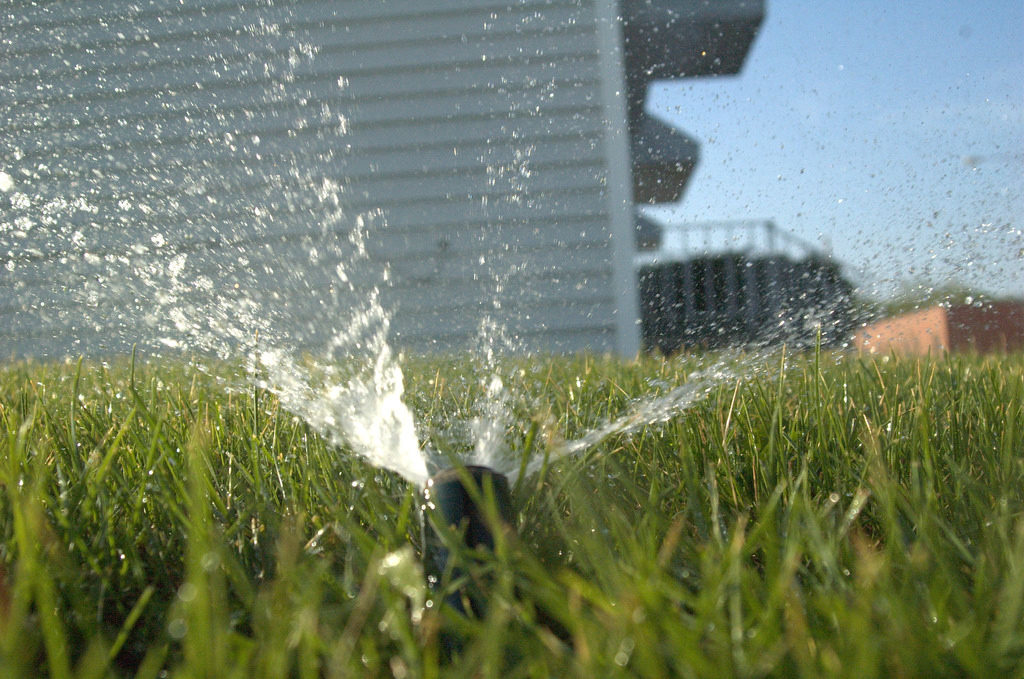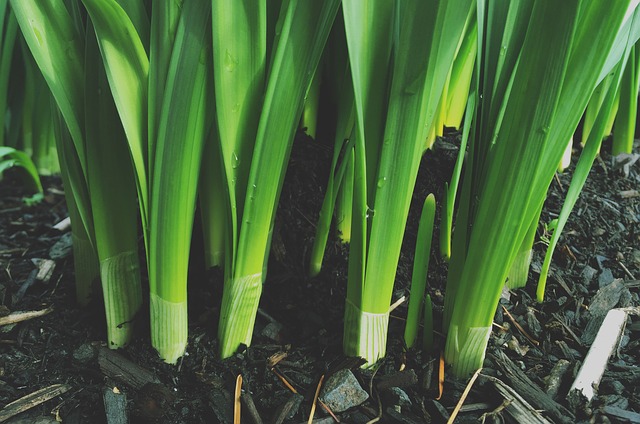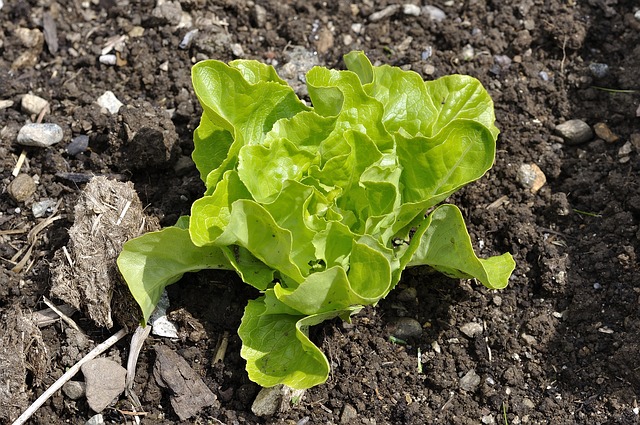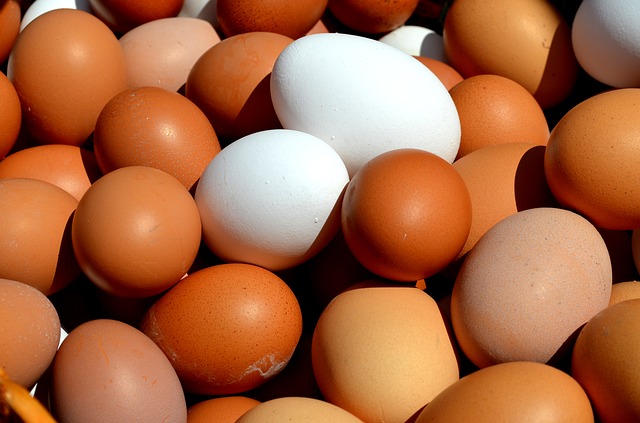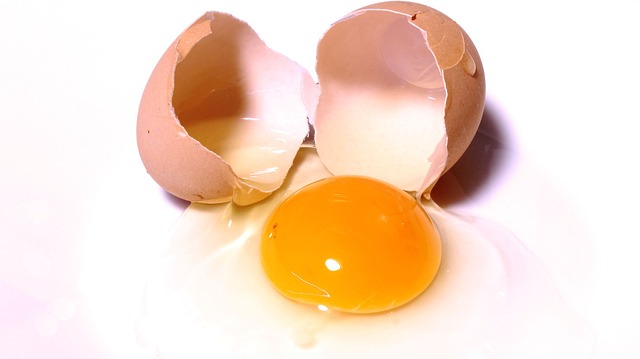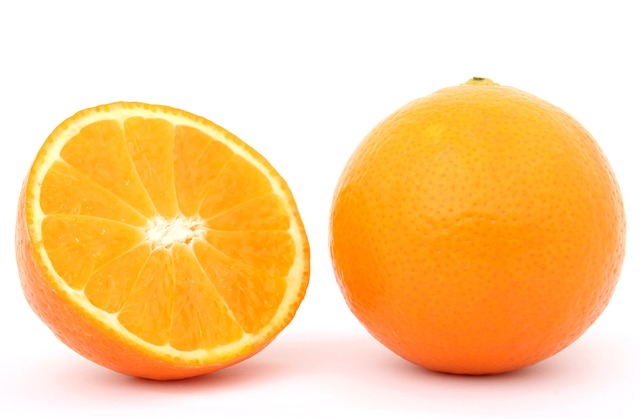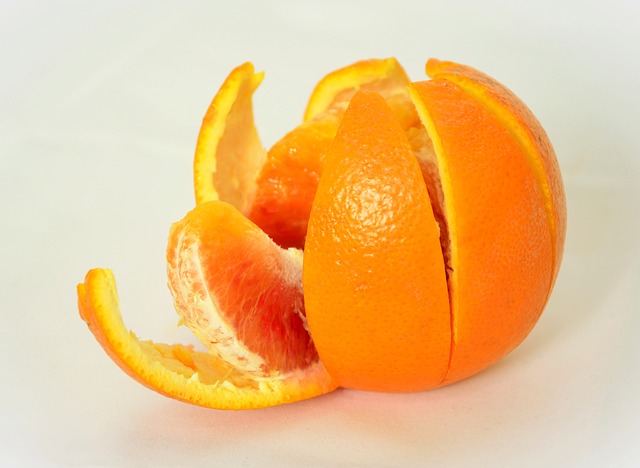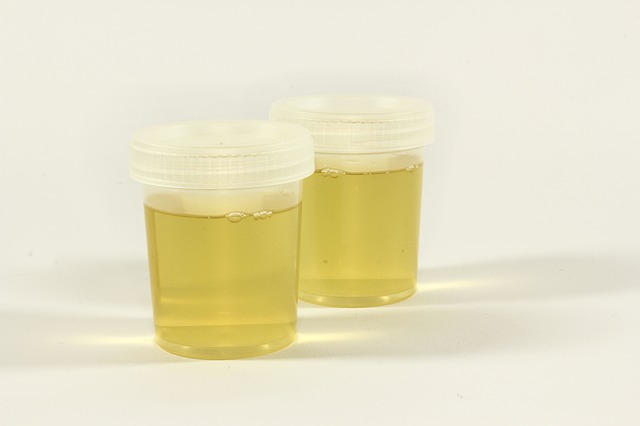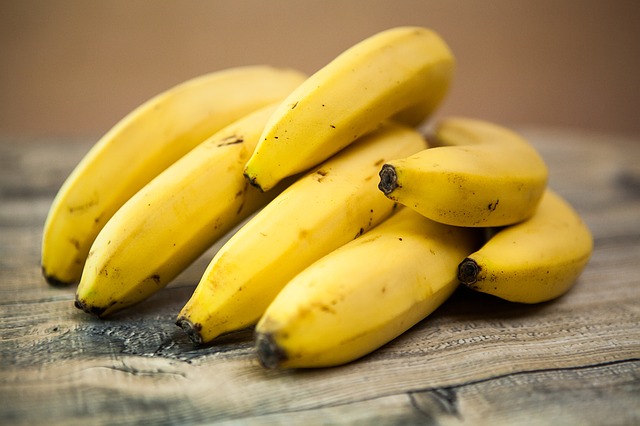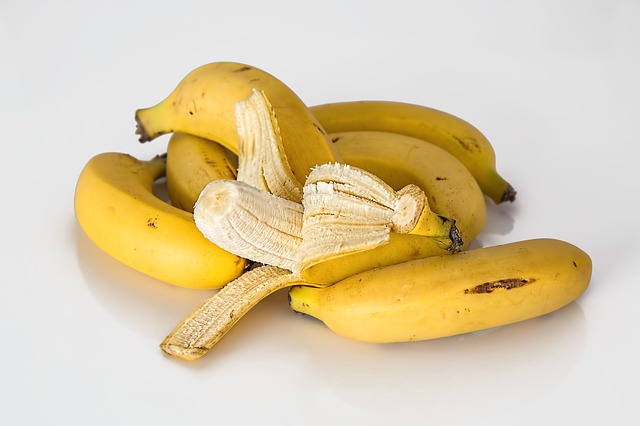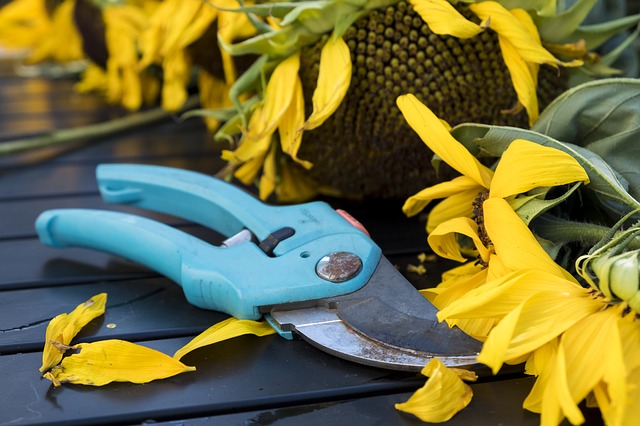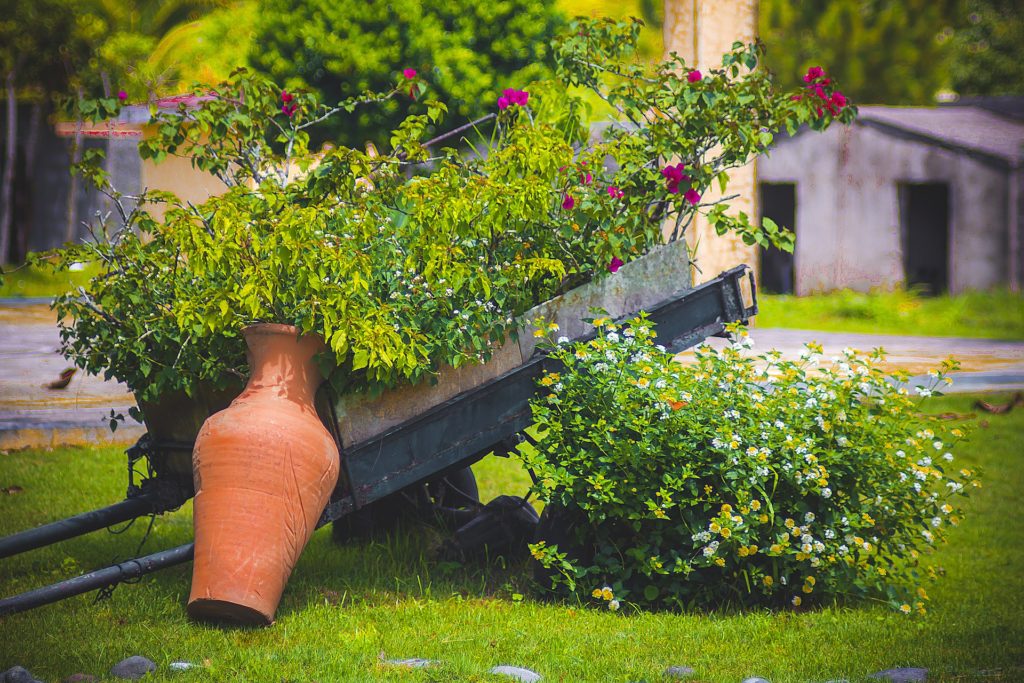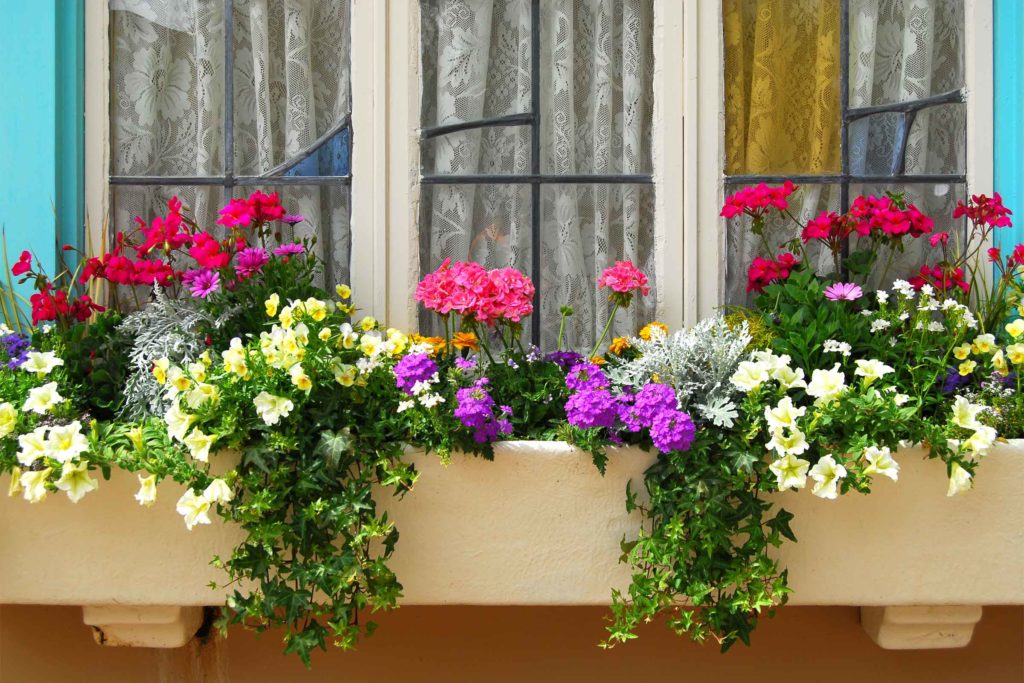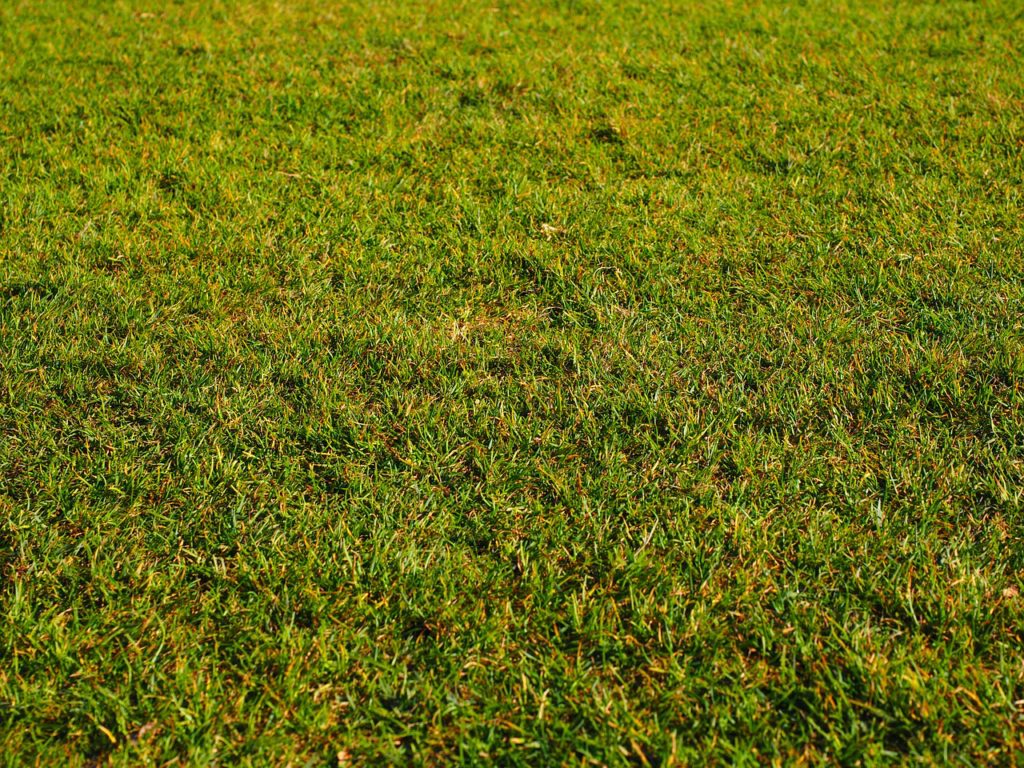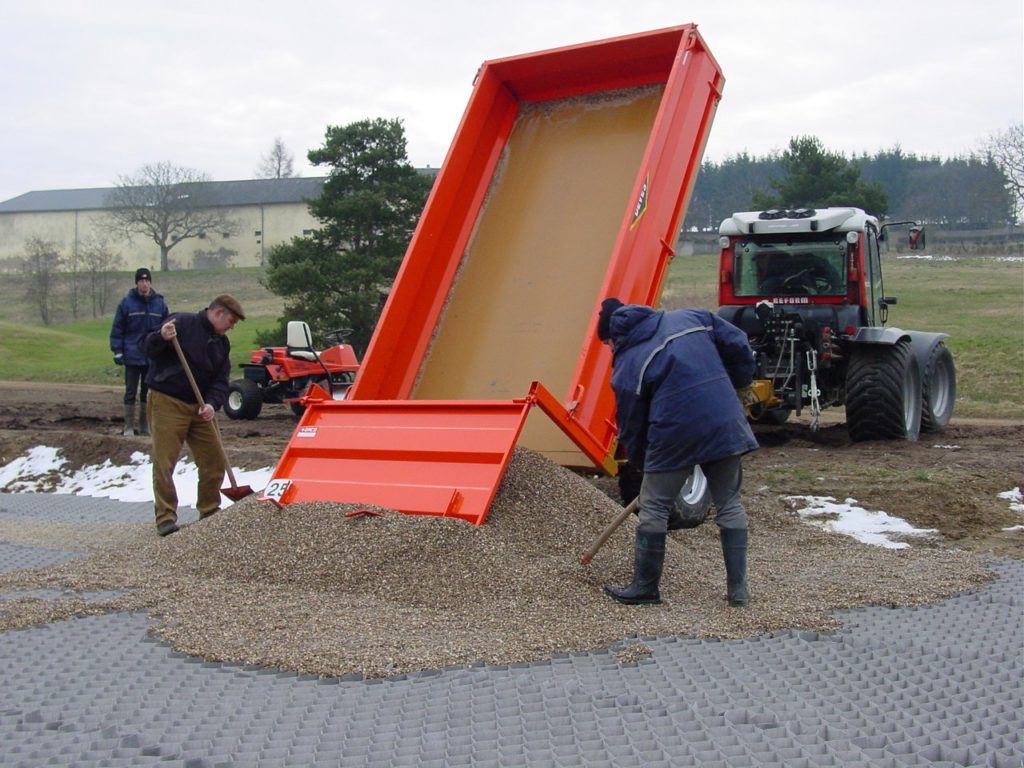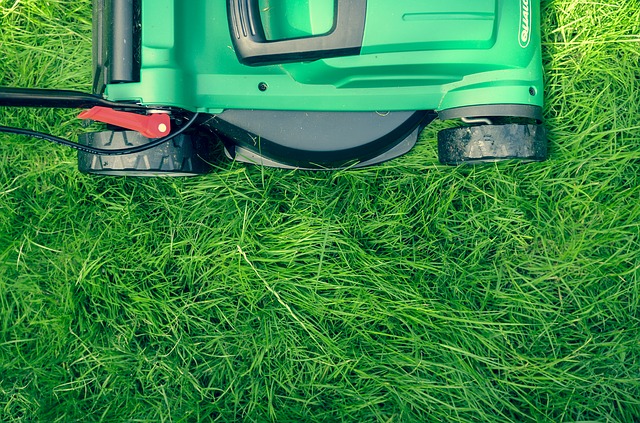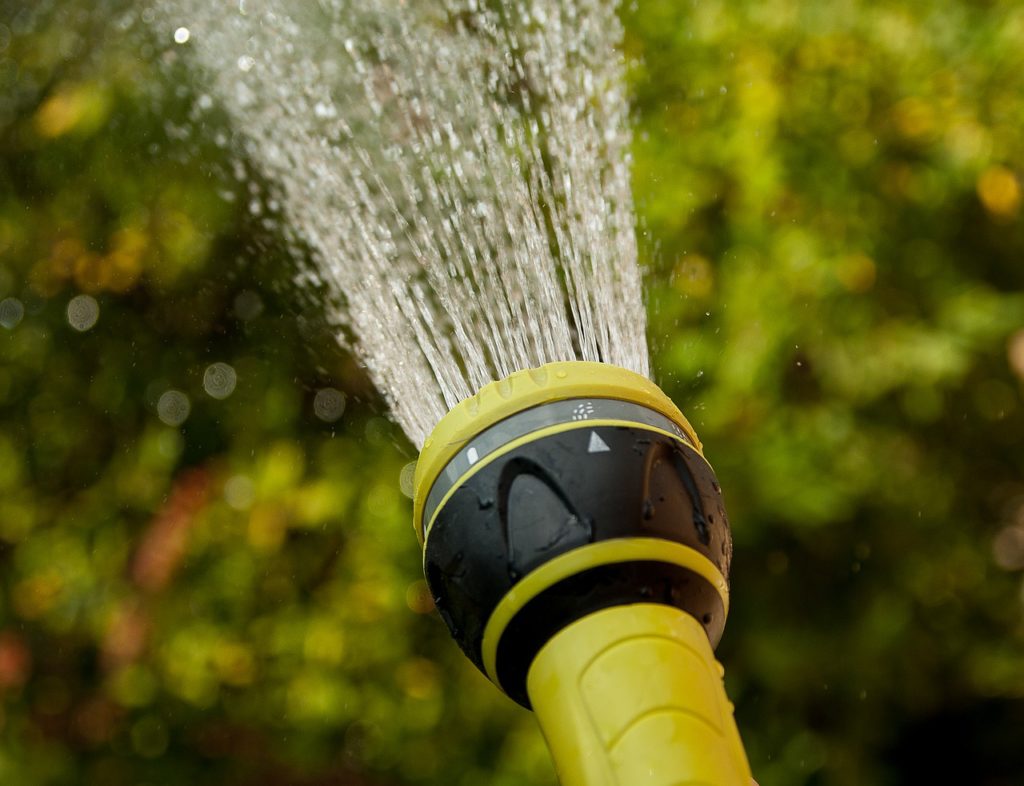
One of the first things that friends and relatives notice when they visit your home is your front lawn. It stands to reason then, that it should be one of your highest priorities when it comes to maintaining your yard. The problem is that many people are doing more harm than good to their lawns, ruining their hard work and giving those important visitors a poor first impression of their home.
So in this article, I am going to take a look at what you absolutely should not do if you want your lawn to look its best.
Don’t Over-Water
Believe it or not, it is possible to over-water your grass. Too much water will wash away any fertilizer you have used, and also makes the grass more susceptible to diseases. Instead of watering your lawn each day for a short amount of time, you should water it once a week till it gets a good soaking.
Lawns that are watered daily only develop a shallow root system. This leads to them being very water-dependent and can cause your grass to die off much quicker in a dry period.
Don’t Skip Your Mowing
We all have those days where we just can’t be bothered doing the mowing; surely it can go another week….right? Wrong! Leaving your lawn to grow too long between mowing will mean your grass grows tall and sparse, instead of thick and dense.
The blades of grass that shoot up the quickest will end up blocking the sun over the shorter grass which leads to an uneven lawn. Be sure to mow regularly with a good quality mower with sharp blades to give your lawns a nice even look.
Don’t Bag Your Grass Clippings
While I am on the topic of mowing, let’s talk about what to do with your grass clippings. The simple answer is nothing; get yourself a mower with mulching capabilities so that the cut grass is laid back onto your lawn as fertilizer. Clippings can also help the soil below retain moisture during dry spells. A good mulching mower will leave almost no sign of the clippings at all.
Don’t Over-Fertilize
Over-fertilizing is quite a common problem, throwing too much fertilizer on your lawn can have a devastating effect. It results in the grass becoming severely dehydrated, and it almost looks like it has been burnt – hence why they call this effect “burning the lawn”.
Be sure to read the instructions on the fertilizer packaging and follow them precisely. It is also just as important to make sure you buy a type of fertilizer that is suitable for your grass – which leads me to the next point:
Don’t Assume All Grass Is The Same
Did you know there are over 18 types of grass commonly used on lawns throughout the USA? Each variety of grass can require drastically different care to thrive. Some of the differences in care between grass species are cut heights, watering frequency, and fertilizer type.
So it’s crucial to know what type is growing in your yard and adapt your watering, mowing, and fertilizing routines to suit. If you don’t know what type of lawn you have, take a sample down to your local garden center and get them to identify it. They will also be able to tell you more about how to care for your particular type of grass.

Of course, these tips are not going to make you a lawn care expert, but they will get you moving in the right direction. Watering, fertilizing and mowing are all critical aspects of caring for your grass and should not be neglected.
Lawn care can be quite addictive, and when you get home from work one day and see what your hard work has produced, I think you will find that learning just a little bit about how to care for your lawns was more than worthwhile.
Author Bio: Aaron Green is a full-time father of two who spends his spare time in the garden and around the house. Being responsible for two young children leaves him little time to pursue hobbies, but he loves to share his knowledge with others when he can. You can find more of Aaron’s work at: www.essentialhomeandgarden.com
Start Shopping for Lawn Care Supplies!
The Best Places To Find Free Composting Materials
Many people are interested in composting but feel like they don’t have access to enough organic materials. Luckily there are a range of places you can find free composting materials to get started or make your current pile bigger. Here are some of the best and easiest...
4 Steps to Get Your Garden Ready for Spring
After being cooped up all winter, you may be dreaming about harvesting from a lush summer garden. But before you get there, there’s a lot of work to be done to get the garden ready. Spring garden prep can be intimidating, especially if your garden beds have been left...
What Not To Compost
Composting has many excellent benefits. It allows you to recycle organic material which can then be used to help to enhance your soil. And of course, it’s an environmentally friendly way to reduce trash. But before you get started you’ll need to know what not to...
How To Build A Vegetable Garden That Is Both Tasty And Attractive
A healthy vegetable garden can provide you with hours of stress-busting, mental health-boosting fun and give you and your family healthy, organic produce to eat for months. If you have even a few square feet of yard space, planting a vegetable garden is easy and...
Using Eggs Shells In The Compost
There are many food scraps that people use in their compost. However, there is one that is often overlooked. Using egg shells in compost is not just a great way to help reduce waste but also boosts the nutrient content of the soil you are creating for your plants....
Using Egg Shells In The Garden
Once you learn how you can use egg shells in the garden you won’t just think about eggs solely as food. Their shells are a free way to add to the health of your soil and plants, but they also have quite a few other helpful benefits as well. Here are the best ways to...
Using Orange Peels In The Garden
Oranges are a healthy snack and ingredient but you’re most likely wasting one of the most beneficial parts, the peel. While we can’t eat them, using orange peels in the garden has many surprising advantages. Here are the top ways you can put your peels to work....
Can You Compost Orange Peels?
If you’ve ever wondered, "can you compost orange peels?" the answer is yes. Although there are a few things you should know when doing so. So here’s your fast guide! Composting Basics When composting, you’ll need to include a mix of both carbon and nitrogen-rich...
Using Urine As Fertilizer
While urine is waste, it also contains nutrients that our bodies can’t use. But your garden can! Using urine as fertilizer is free and as organic as it gets! Here’s what you’ll need to know when thinking about using it. There have actually been multiple studies that...
The Urine-Compost Connection
Composting is all about re-using organic materials. And like the majority of us, you probably have been flushing away one of the most natural ways of all to condition your compost. By adding urine compost can be given a huge boost and that is passed on to whatever...
Using Banana Peels In Compost
Can you put banana peels in compost? You bet you can! While bananas offer us some extremely important nutritional benefits that help us to stay healthy, their peels can be used to add to the health of your compost pile as well. Bananas are one of the most popular...
Using Banana Peels In The Garden
Bananas are both delicious and healthy. And you may have wondered after finishing your morning shake or afternoon snack whether those peels you’ve been throwing away for years could be used for other things. What can you do with banana peels? It turns out quite a lot,...
Common Gardening Injuries And How to Avoid Them
While gardening isn’t necessarily the most dangerous pastime one can think of, injuries do occur. Recent data suggests that in the US alone, over 300,000 gardening injuries occur annually. So whether you are a seasoned gardener or are just beginning, it’s important to...
Just Moved? How To Safely Transport Your Plants Into Your New Garden
It can take years of planting and care to create a magnificent garden. That’s why the prospect of relocating or moving houses can induce anxiety in gardeners. Whether you plant ornamentals, or if you grow your own vegetables, having to start over can be a daunting...
Filling Those Window Boxes: Flower Species That Thrive With Container Gardening
Those traditional window boxes overflowing with flowers may remind you of summer cottages or childhood dreams. This particular feature is one that you want at your home all year-round. Container gardening for window boxes takes a certain flair for picking out the...
Why You’ll Want To Revamp Your Garden with Artificial Grass
Installing an artificial lawn is an easy and attractive way to improve and revamp your garden. This is because an artificial lawn is like a real lawn, only much better! Artificial grass has been developed to such a high-quality standard that it looks and feels as...
The Best Grass Types For Creating A Drought Tolerant Lawn
Many of us live in dry and arid places. There are many locations around the world that unfortunately for your lawn don’t get much rain throughout the year. For people who live in these places, a green, healthy-looking lawn can seem impossible to have and maintain....
Garden Drainage: How to Avoid a Waterlogged Garden & Patio
Many locations around the world get a lot of rain. With an average of 33 inches of rain per year, this is especially true in the U.K. where it is rare for a day to pass that it is not raining somewhere. Regardless of where you live this can lead to problems with...
Easy Lawn Care? Experts Say It’s Possible With These Tips!
There's no way around it: If you want a lush lawn, you have to work for it. That entails putting in a lot of time, effort, and yes, money. And even if you are hiring experts in lawn care, you will still need to shoulder some of the responsibilities involved. That does...
Water-Wise Landscaping: Avoid Cultivating These Types Of Plants
Water is one of the primary needs of all plants. They need to receive the right amount of hydration to grow and thrive properly. You can ensure your plants get the hydration they need by watering them regularly using a garden hose or watering can, or by having a...
